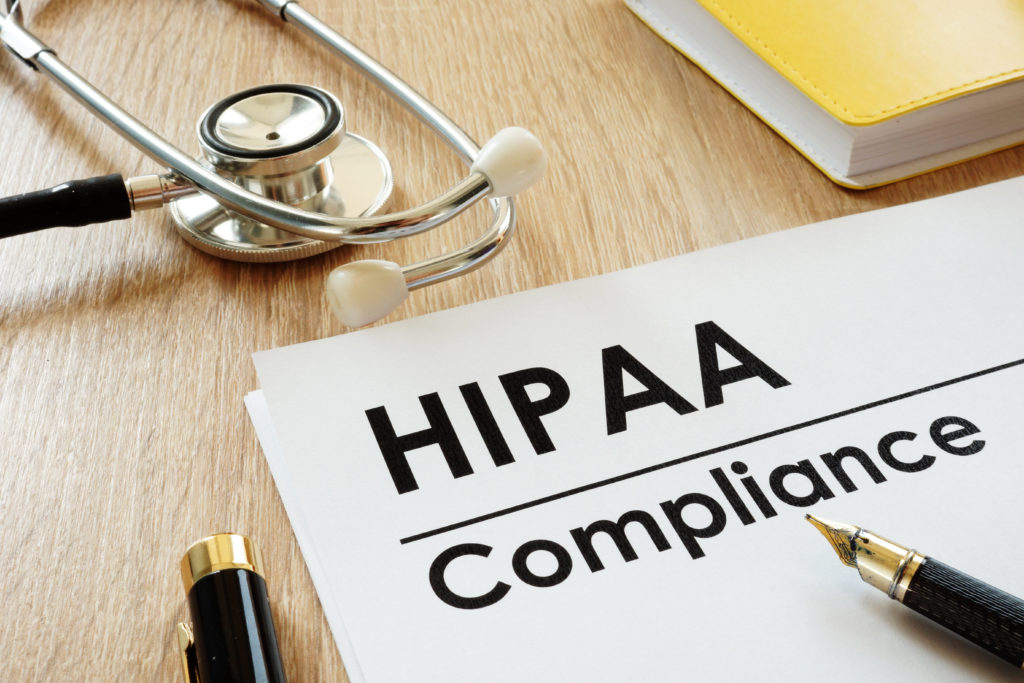HIPAA regulations are an absolute must for every healthcare professional. The legislation provides patients with greater privacy controls and allows them to keep their data secure. It is vital to ensure that any new system you choose to implement is compliant with HIPAA’s rules. Technology is developing with incredible speed.

HIPAA compliance is a complex process for businesses that struggle to grasp the law and its consequences. HIPAA compliance must be met by all health organizations and individuals employed in the insurance business. It’s crucial to read the regulations carefully and ensure that all procedures are in place in order to remain fully compliant. While it can be an overwhelming task, ensuring that you follow the law is vital. Conformity means better service and data security, and lower penalties. Comprehending the HIPAA regulations and taking the appropriate steps can help companies to ensure they’re following the necessary procedures.
HIPAA regulations can be extremely strict. But, proper security and privacy measures are designed to secure the most valuable of all belongings: information. Higher protections are required to stop the accidental or unauthorized disclosures of patients private information as healthcare providers have more and more shifted to digital media, such as Electronic Medical Records. Although guidelines have been developed to protect individuals, they must still be observed and strictly enforced. This is why HIPAA is always on guard over these matters to ensure the safety of patients and their privacy.
HIPAA is a vital security measure for all those who work in the medical profession and patients whose personal information is kept. It grants covered entities, as well as business associates (BAs) the flexibility to choose whether or not they want to utilize an addressable execution specification. The decision may be determined by a number of aspects, such as a risk assessment, mitigation strategy, and existing security measures. The decision is also dependent on the price of implementation. CES and BAs are able to look at alternatives or opt out of the entire process if they feel it is appropriate given their particular circumstances. HIPAA helps them to make informed choices about data security and security. This is a way of ensuring an appropriate balance between technical as well as user control over sensitive information.
Many companies can reap the benefits of HIPAA compliance. They can guarantee privacy and security are protected for the personal health information of their customers, patients, and customers by adhering to the guidelines of the Health Insurance Portability and Accountability Act. Compliance ensures that the medical data of patients aren’t used to benefit them personally or to benefit their healthcare providers. HIPAA compliance provides individuals with the ability to make informed decisions on the manner in which their private health information is handled and used. This lets them ensure that no other entity can use or alter their information without their permission. Additionally, HIPAA compliance mitigates reputational risk for organizations by helping the organization avoid financial or legal consequences arising from improper handling of the personal information of patients due to the lack of security measures. In the end, observing HIPAA standards can ensure an enjoyable experience for patients with greater security for sensitive medical records.
These are only a few things to consider when thinking about HIPAA compliance. To ensure that you are in compliance it is essential to be familiar with the laws. Also, consult an expert who can assist you to understand the law and set up the procedures and systems. It can be overwhelming, however, it is crucial to safeguard the rights of your patient and ensure the privacy of their medical information.
To know more, click hitech subtitles